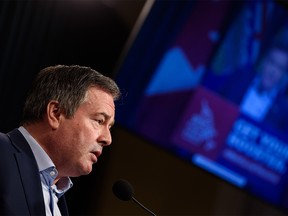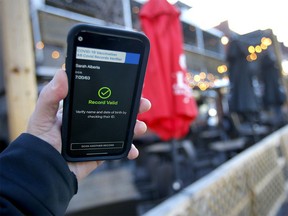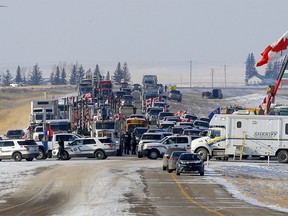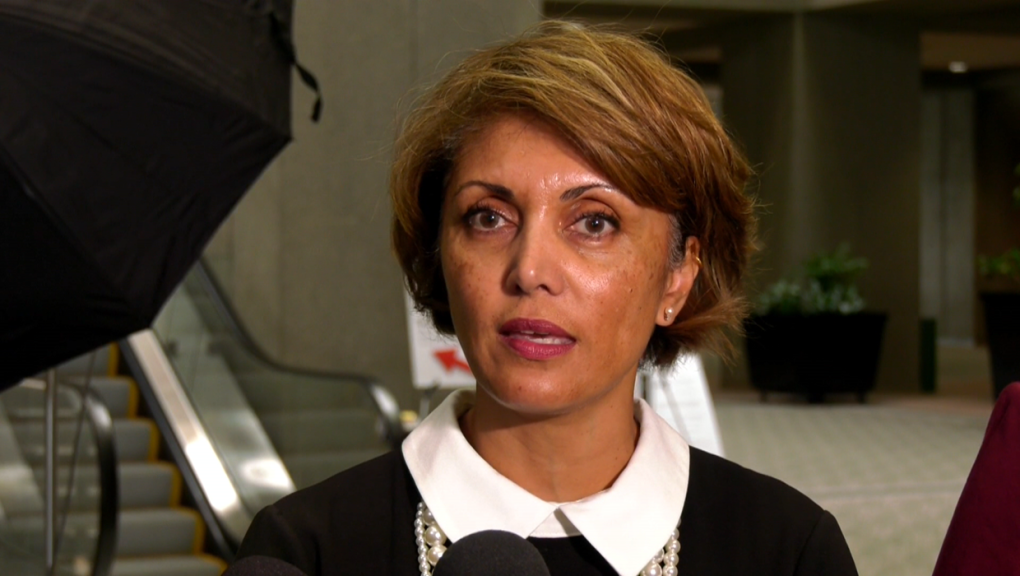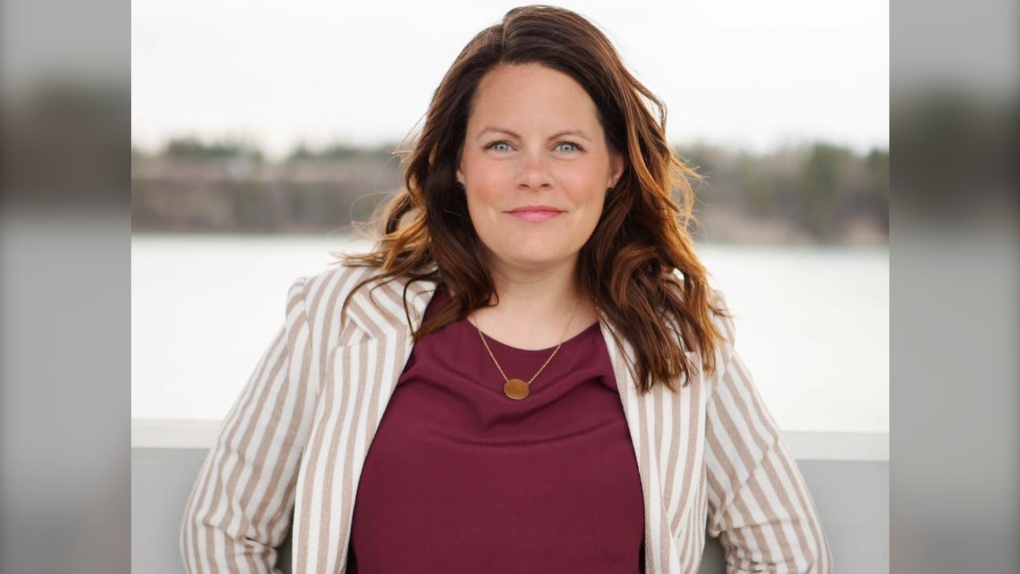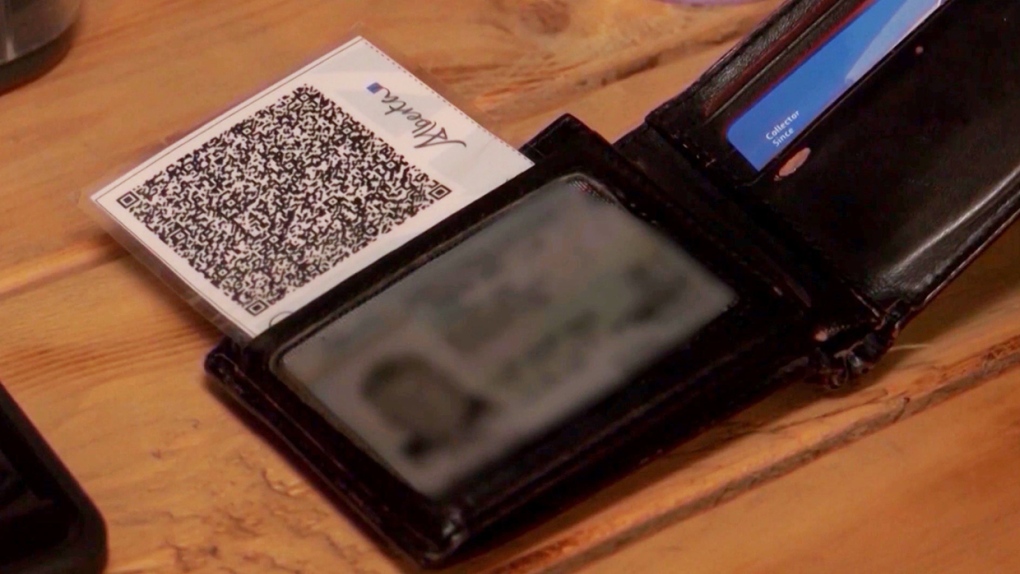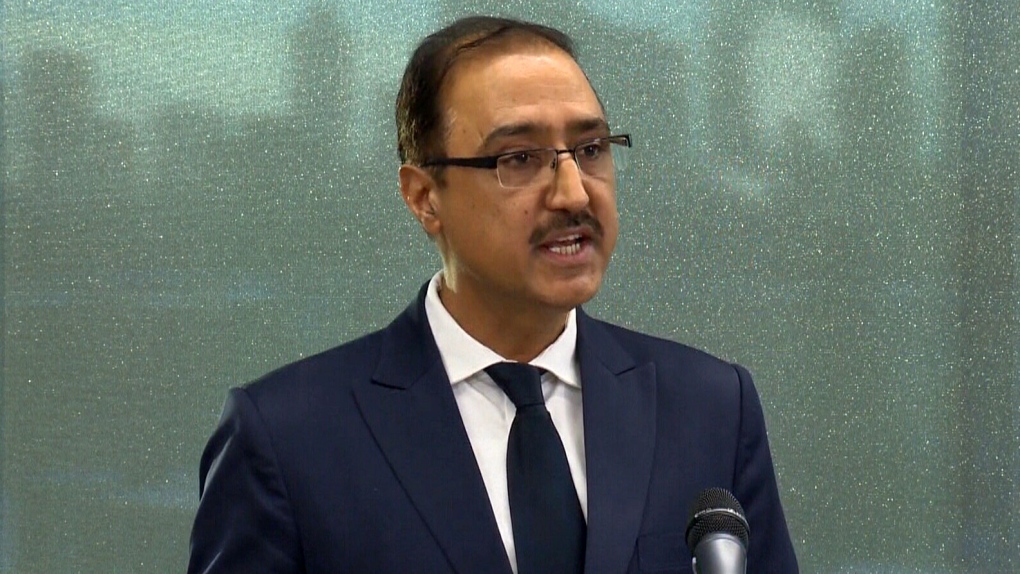Political scientists say Sask premier's stance on vaccines is unprecedented
Scott Moe says vaccines don't reduce transmission, pledges
to remove restrictions as soon as possible
Eighty-five year old John Courtney says he's not fazed by much anymore, but recent statements by Saskatchewan Premier Scott Moe came as a shock.
The University of Saskatchewan professor emeritus and several other longtime followers of Canadian politics interviewed this week say Moe's comments on vaccines, disdain for scientific expertise and support for convoy protesters have left him isolated on the national stage.
Some say it's unprecedented for a provincial premier.
"A line has been crossed," Courtney said. "I have not seen anything like this in my years. For the life of me, I can't think of an example in Canadian history."
In a statement Saturday supporting the truck convoy now entrenched in downtown Ottawa, Moe wrote "vaccination is not reducing transmission" of the COVID-19 Omicron variant.
"An unvaccinated trucker does not pose any greater risk of transmission than a vaccinated trucker," the statement said.
On Monday, with record numbers of COVID-19 patients filling Saskatchewan hospitals, Moe repeated the comments and cited a poll of 128 Saskatchewan people showing most want restrictions removed. He then announced his intention to remove all restrictions as soon as possible.
In an email response to CBC Thursday, a government official said Moe still believes vaccination will prevent severe illness, but not transmission. The email cited last week's new case numbers, which showed vaccinated people account for 78 per cent of new infections, roughly the same percentage of the general population that's vaccinated.
Epidemiologists, infectious disease specialists, the Saskatchewan Medical Association and others have noted that although vaccine effectiveness wanes over time, studies show it does significantly reduce transmission.
They say Moe's claim is incorrect for several reasons, including the fact that Saskatchewan's case numbers are based on PCR testing only. This means anyone who tests positive on an at-home rapid test — the method the province recommends for the majority of the population — does not appear in the province's statistics.
They said misinformation like this undermines public health efforts and begged Moe to retract the statement.
Courtney said Canadian history is full of colourful or controversial premiers — such as B.C.'s W.A.C. Bennett, Alberta's Ralph Klein and Quebec's Maurice Duplessis — but he can't recall one ignoring expert advice so blatantly on such a critical issue until now.
"This is an attack on science, on truth," Courtney said.
John Whyte, a senior policy fellow at the University of Regina's Johnson-Shoyama School of Public Policy, worked in the governments of four Saskatchewan premiers. He agreed with Courtney.
"We have a fact universally accepted by the medical community, by experts," Whyte said. "I've never seen this before. This is one for the record books."
Lori Turnbull, director of the school of public administration at Dalhousie University, said it's "jarring" to see these statements coming from the premier of Saskatchewan, the birthplace of public medicine in Canada.
Turnbull said fellow conservative premiers Jason Kenney of Alberta and Doug Ford of Ontario chastised the convoy. Moe, on the other hand, was the only premier personally thanked by the convoy organizers in a news conference Thursday.
Turnbull said no current premier of any political stripe has aligned themselves so closely with those spreading COVID-19 misinformation. She and others noted that only an estimated 10 per cent of truckers have chosen not to get vaccinated.
"He is so completely offside with public health advice. What is he thinking?" Turnbull said.
University of Regina politics professor Tom McIntosh said Moe is eager to appease his political base as it grows frustrated with COVID-19 health measures.
"I didn't think he'd go this far, to willfully misinterpret data. His conclusions are simply false," McIntosh said.
McIntosh and the others said Moe's comments pose a specific danger to public health during the pandemic and, in the long term, erode confidence in the medical community and other institutions.
Whyte said it's impossible to imagine former longtime Saskatchewan premiers such as Brad Wall or Roy Romanow acting this way.
"Is [Moe] just going to keep doubling down?" Whyte said. "This is life and death."
NDP ask premier to reconvene legislature to debate plan to lift COVID-19 restrictions
Moe is spreading disinformation about the reality of what
the province is facing: Meili
Opposition Leader Ryan Meili is calling on Premier Scott Moe to reconvene the legislature for an emergency debate on the government's plans to lift health restrictions, including vaccine passports.
"Bring us back so that in this time, this time where we are facing darkness, that we can shine some light on the reality of what's happening in Saskatchewan," Meili said.
"Get to the bottom of this situation and see some accountability of a government that was elected to serve us all."
Meili was responding to the government's recent decision to hold only weekly COVID-19 updates and Moe saying health measures will soon be lifted, including vaccine passports.
"Scott Moe is no leader," Meili said. "He's a follower. He is taking his cues from the Unified Grass Roots, from the extreme wings of his own party.
"He's taking his cues from Donald Trump and the Republican style of politics of lying and then doubling down on those lies of hiding the truth from Saskatchewan people."
Meili says Moe has deliberately spread disinformation about the reality of what the province is facing, and is trying to hide COVID-19 information from Saskatchewan people.
Speaking during the Council of the Federation winter meeting on Friday afternoon, Moe said people are tired of restrictions.
"They're growing weary of, you know, managing their way through COVID in their personal life and in their professional life," Moe said. "And they're growing weary, quite frankly at times, as well, some of a number of the public health measures that have been in place for a period of time."
Moe says the pandemic has changed and there are tools such as vaccines and rapid tests to help mitigate risks.
Meili says everyone is tired of the pandemic.
"It's 25 below," he said. "[We're] pretty sick of winter at this point, too. But that doesn't mean I think we should stop recording daily temperatures or that we should swap out our winter boots and start putting on sandals.
Meili says we are in the midst of a record number of hospitalizations, a higher number of children being infected and long-term care outbreaks.
"And having passed the sad milestone of 1,000 official deaths from COVID 19 here in Saskatchewan, over 1,000 families mourning the loss of a loved one. We all want this to be over," Meili said. "But pretending it's over won't get us there."
Moe says having rapid tests is an effective tool to identify COVID-19 cases early and isolate those cases sooner.
"Our collective goal is to reduce the strain on our health-care system, which has really highlighted the challenges that we have in our provincially delivered health-care systems across Canada over the course of this COVID pandemic," the premier said, adding those health-care challenges were in the system before the pandemic.
Moe says the federal government needs to step up with more health-care funding for the provinces.
"One of the questions we talked about at this meeting and previous meetings is, 'What does an increase in the Canada health transfer actually mean to Canadians?'" Moe said. "And we're really at a fork in the road as we find our way out of COVID with respect to, you know, is there going to be an increase coming from the federal government? I would put forward there's an opportunity for them to really participate in this."











